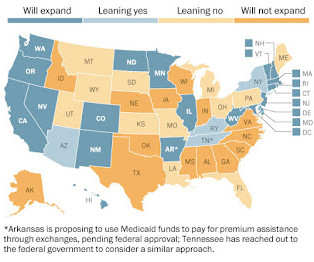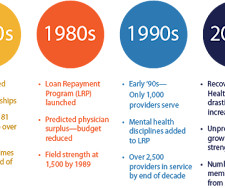The Massachusetts Avenue of health reform
The Health Policy Exchange
FEBRUARY 12, 2013
This month's Georgetown University Health Policy Seminar explored the politics of "Romneycare," a state-level health reform which in many ways made possible the future Affordable Care Act. It was one thing to ask drivers to buy car insurance. Owning a car is a choice. Together, Romney and Kennedy approached the George W.















Let's personalize your content